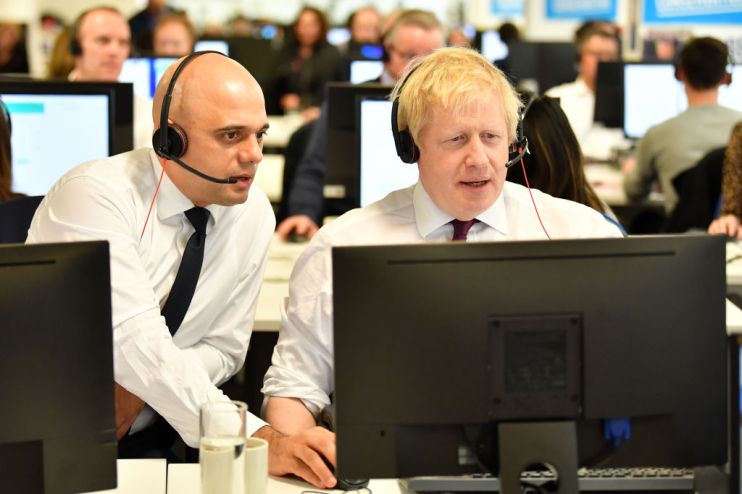Don’t run for the hills over alignment – the big question is where and when to diverge

As we approach the 50-day point in Boris Johnson’s premiership, questions are still being asked about what kind of leader he will be, and how different the country will become under him.
Londoners in particular are used to certain amount of showmanship in the Johnson approach to politics. As mayor, he was a high profile figure who enjoyed the platform of his office, seemingly able to make sport of situations where others might flounder. But his absence from the airwaves was noticeable during the first few days of the Iran crisis, or the Australian wildfires, and a pattern seems to be forming in which he resists the urge to find the nearest TV studio or radio mic. This is an approach encouraged by the people around him.
Read more: Forget Big Ben, the real rows are ahead
A select handful of ministers have been granted such privileges as talking to the press, notably chancellor Sajid Javid who appeared to put the cat among the pigeons when he told the Financial Times the government would reject alignment in any trade deal with the EU. The fuss this interview provoked is surprising given it has been Johnson and co’s stated position since the Chequers split under Theresa May, that they have referenced it for several months and that it was even in the Conservatives’ manifesto, which has just secured an 80-seat majority.
This has always been the way Johnson, Dom Cummings and others of the Vote Leave philosophy have viewed Brexit: without jettisoning the single market, customs union and the EU’s hold over UK regulations (for goods as well as services) the country is not “free” to strike the kind of trade deals those now in government view as the whole point of Brexit.
That does not mean that regulations will diverge in every case, nor does it mean that standards will necessarily drop – although, to be sure, if Downing Street is hoping to strike a deal with Donald Trump during the run-up to a presidential election, this logic will be tested.
However, a UK-US trade deal is likely to take some time and as things stand there is no need to run for the hills: having the option to diverge and actually using the freedom to do so are not the same thing. But as and when it does, it will be incumbent on the government at the time to weigh the pros and cons, consider the economic impact and consult with relevant industries, as you would expect. The freedom to make our own regulations, particularly over emerging industries, is a prize much valued by Brexit enthusiasts.
Read more: A no-deal Brexit is still an unlikely outcome
Javid’s message was entirely consistent with everything that business should have been preparing itself for, if not under the previous regime then certainly when it became clear that Johnson would succeed.
All that industry needs, as always, is clear communication from government of the direction of travel. Johnson, along with his top ministers and senior advisers, must work with industry leaders, particularly from the City, as they develop plans for our future trading relationship with the EU and other markets. Business is willing to adapt and change, but it must be part of the process.
Main image: Getty